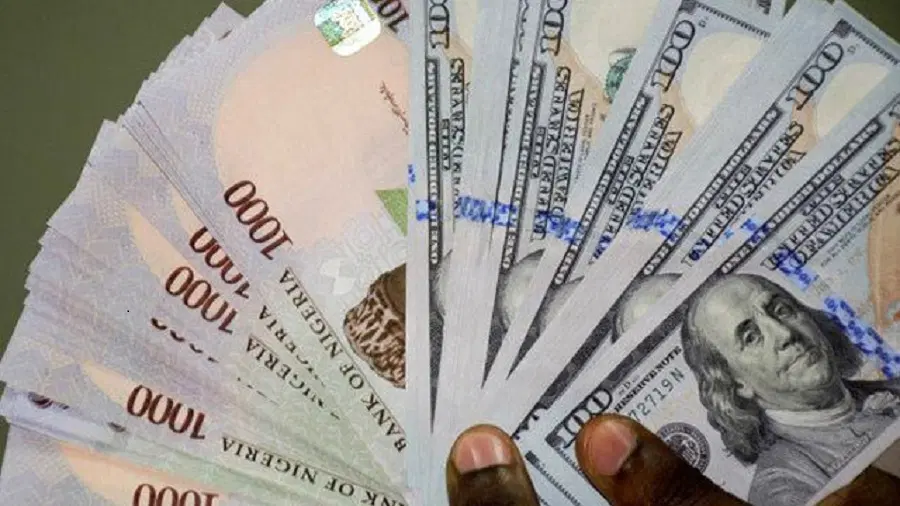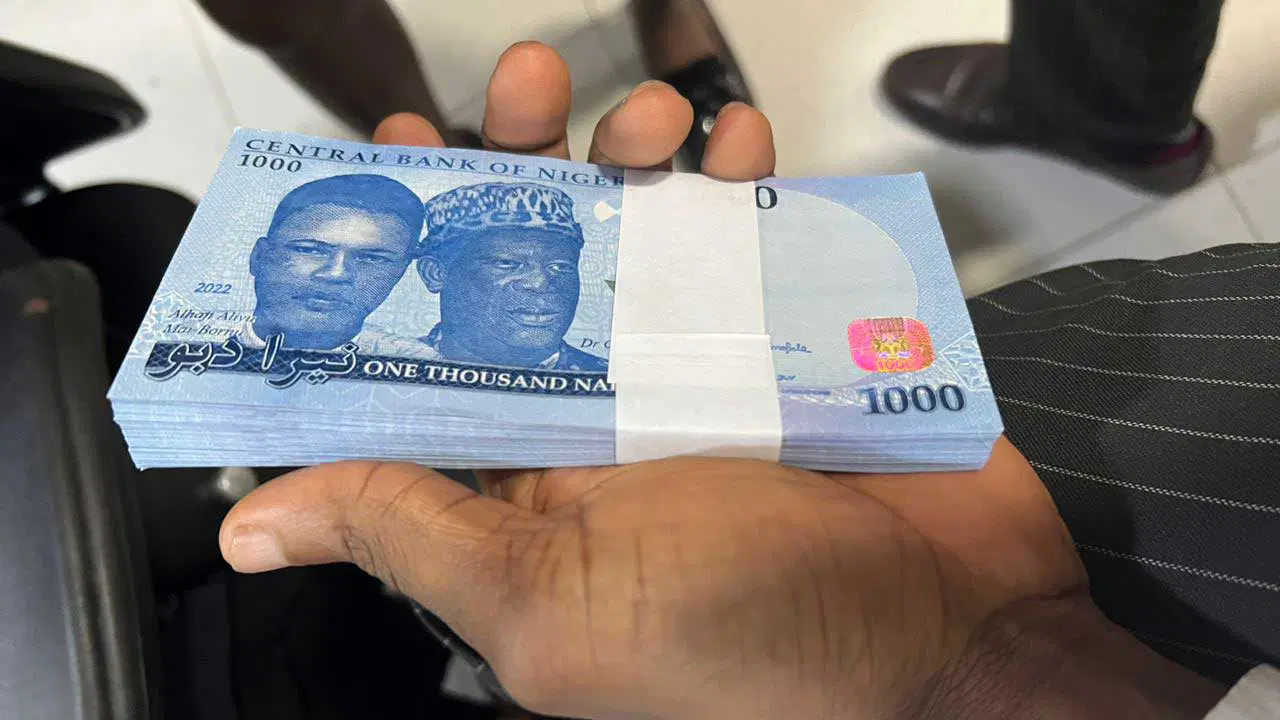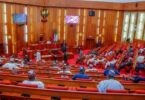Naira Falls to N1,670 per Dollar in Parallel Market

The Naira has dropped to N1,670 per dollar in the parallel market, down from N1,665 the previous day.
In the official market, the Naira also weakened, trading at N1,545 per dollar, compared to N1,540 on Tuesday.
According to data from the Central Bank of Nigeria (CBN), the exchange rate in the Nigerian Foreign Exchange Market (NFEM) saw a N5 drop.
The FMDQ also reported a small decrease, with the exchange rate rising to N1,544.2 from N1,544.05, marking a 15 kobo drop for the Naira.
As a result, the gap between the parallel market and the NFEM exchange rate widened to N125 per dollar, up from N120.95 on Tuesday.
Naira’s Performance in 2024: A Year of Fluctuations
This year, the Nigerian Currency has experienced a series of ups and downs in both the official and parallel markets. Here’s a breakdown:
- January: The year started with a steady decline in the parallel market, with the currency trading around N750 per dollar, before gradually losing value through the months.
- February-March: The Naira hit N800 per dollar in the parallel market due to increased demand and foreign exchange shortages.
- April-June: A brief recovery saw the Naira climb to N650 per dollar in the parallel market, thanks to measures by the Central Bank of Nigeria (CBN) to ease supply constraints.
- July-August: Following policy changes and economic pressures, the Naira slid back to N1,200 per dollar in the parallel market, driven by inflation and low foreign exchange reserves.
- September-November: The currency stabilized slightly, but volatility remained high. It traded between N1,400 and N1,500 per dollar in the official market.
- December: The Naira has continued its downward trend, reaching N1,670 per dollar in the parallel market and showing little improvement in the official market, signaling ongoing challenges in stabilizing the currency.







